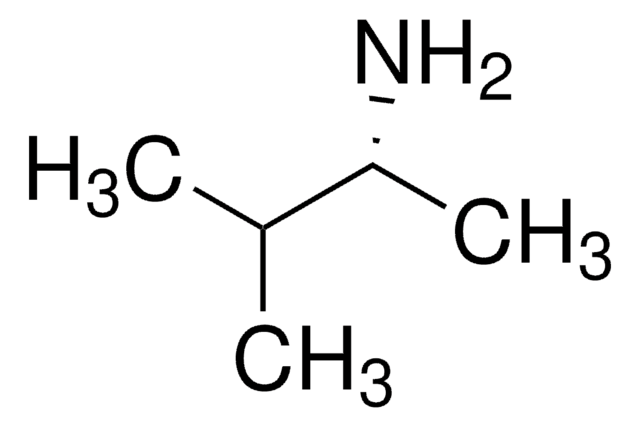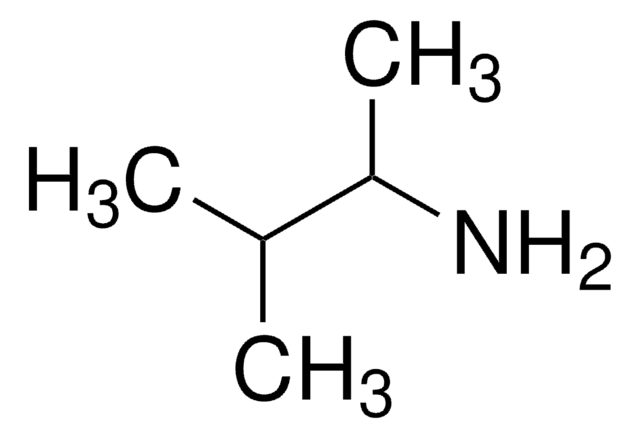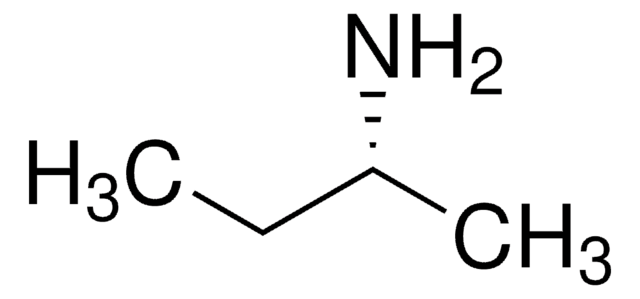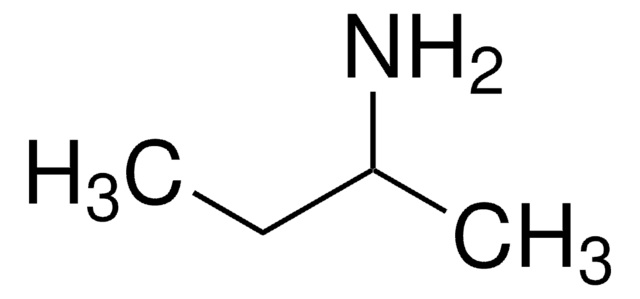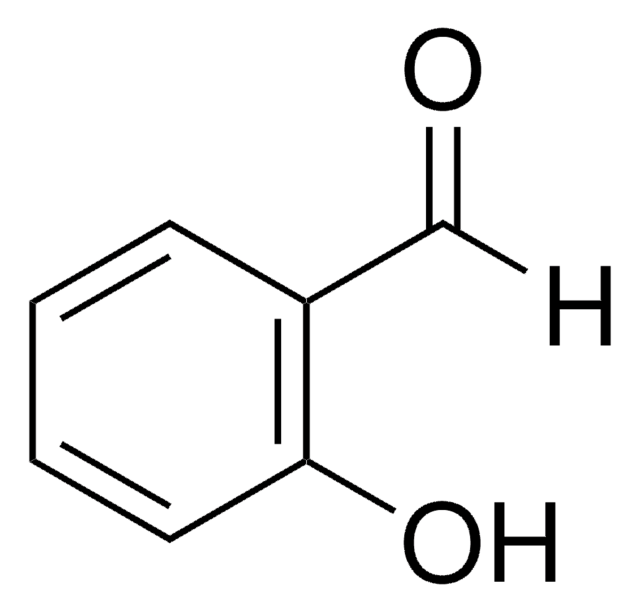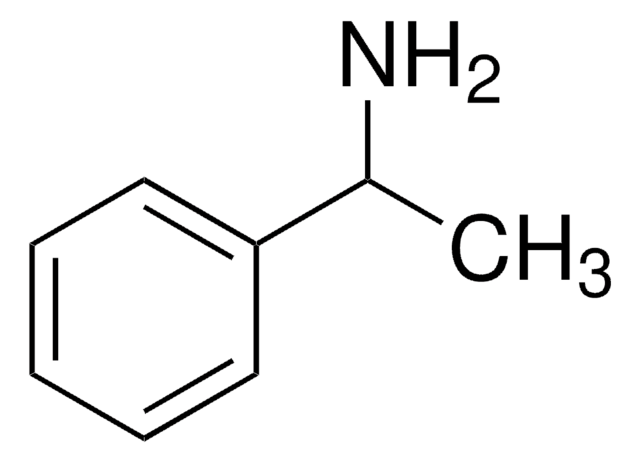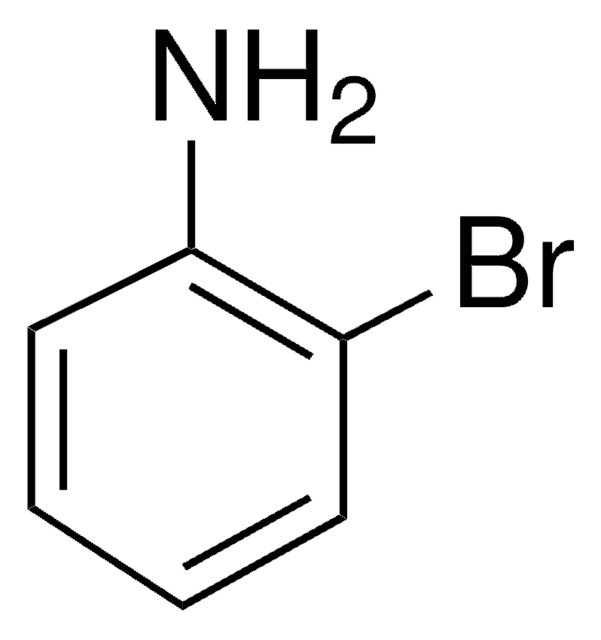171417
2-Aminopentane
97%
Synonym(s):
1-Methylbutylamine, 2-Amylamine
About This Item
Recommended Products
Assay
97%
refractive index
n20/D 1.4020 (lit.)
bp
90.5-91.5 °C (lit.)
density
0.736 g/mL at 25 °C (lit.)
SMILES string
CCCC(C)N
InChI
1S/C5H13N/c1-3-4-5(2)6/h5H,3-4,6H2,1-2H3
InChI key
IGEIPFLJVCPEKU-UHFFFAOYSA-N
Looking for similar products? Visit Product Comparison Guide
Related Categories
Signal Word
Danger
Hazard Statements
Precautionary Statements
Hazard Classifications
Eye Dam. 1 - Flam. Liq. 3 - Skin Corr. 1B
Storage Class Code
3 - Flammable liquids
WGK
WGK 3
Flash Point(F)
95.0 °F - closed cup
Flash Point(C)
35 °C - closed cup
Personal Protective Equipment
Choose from one of the most recent versions:
Certificates of Analysis (COA)
Don't see the Right Version?
If you require a particular version, you can look up a specific certificate by the Lot or Batch number.
Already Own This Product?
Find documentation for the products that you have recently purchased in the Document Library.
Customers Also Viewed
Chromatograms
suitable for GCOur team of scientists has experience in all areas of research including Life Science, Material Science, Chemical Synthesis, Chromatography, Analytical and many others.
Contact Technical Service